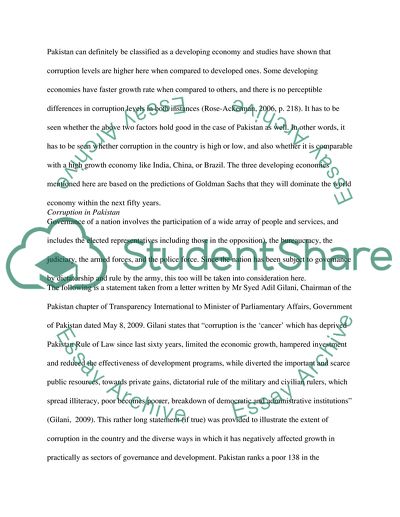Cite this document
(Corruption in the Pakistan Government Term Paper, n.d.)
Corruption in the Pakistan Government Term Paper. Retrieved from https://studentshare.org/macro-microeconomics/1555440-corruption-in-the-pakistan-government
Corruption in the Pakistan Government Term Paper. Retrieved from https://studentshare.org/macro-microeconomics/1555440-corruption-in-the-pakistan-government
(Corruption in the Pakistan Government Term Paper)
Corruption in the Pakistan Government Term Paper. https://studentshare.org/macro-microeconomics/1555440-corruption-in-the-pakistan-government.
Corruption in the Pakistan Government Term Paper. https://studentshare.org/macro-microeconomics/1555440-corruption-in-the-pakistan-government.
“Corruption in the Pakistan Government Term Paper”, n.d. https://studentshare.org/macro-microeconomics/1555440-corruption-in-the-pakistan-government.


